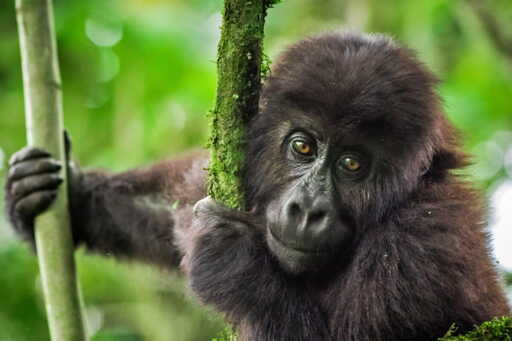Long celebrated by some NGOs and Indigenous rights activists as the guardians of the forest, the Batwa of South Kivu had lived inside what is now Kahuzi-Biega National Park (KBNP) in the Democratic Republic of Congo (DRC) until the 20th century, when they were expelled by the Congolese government, at that time MPR (Popular Movement of Revolution), which demanded the creation of the park. As the park expanded into the mid-1970s, Batwa people were displaced from one location to another without their agreement or consent. According to their accounts and to those of researchers, evicted people suffered from a lack of support for their material needs, discrimination, social marginalization and poverty. “In October 2018, after multiple promises to provide them with land outside the park were broken … groups of Batwa started to return to the park’s highland sector,” write the authors of a recent study published in World Development. “Around 2,000 members of the Batwa community, including men, women and children, returned to the park over the following months.” “After we returned to the park, we relocated some of our former villages and began to rebuild our old houses, our churches, and prepare our former fields for cultivation,” Amos Bahiya Bikulo, a Batwa resident of Kalehe in South Kivu and secretary at the Center for Supporting People with Disabilities for Development, told Mongabay. In a forceful manner, Congolese authorities and park managers deployed military personnel to dislodge them from this land, deeply significant as the birthplace and burial ground…This article was originally published on Mongabay
From Conservation news via this RSS feed


